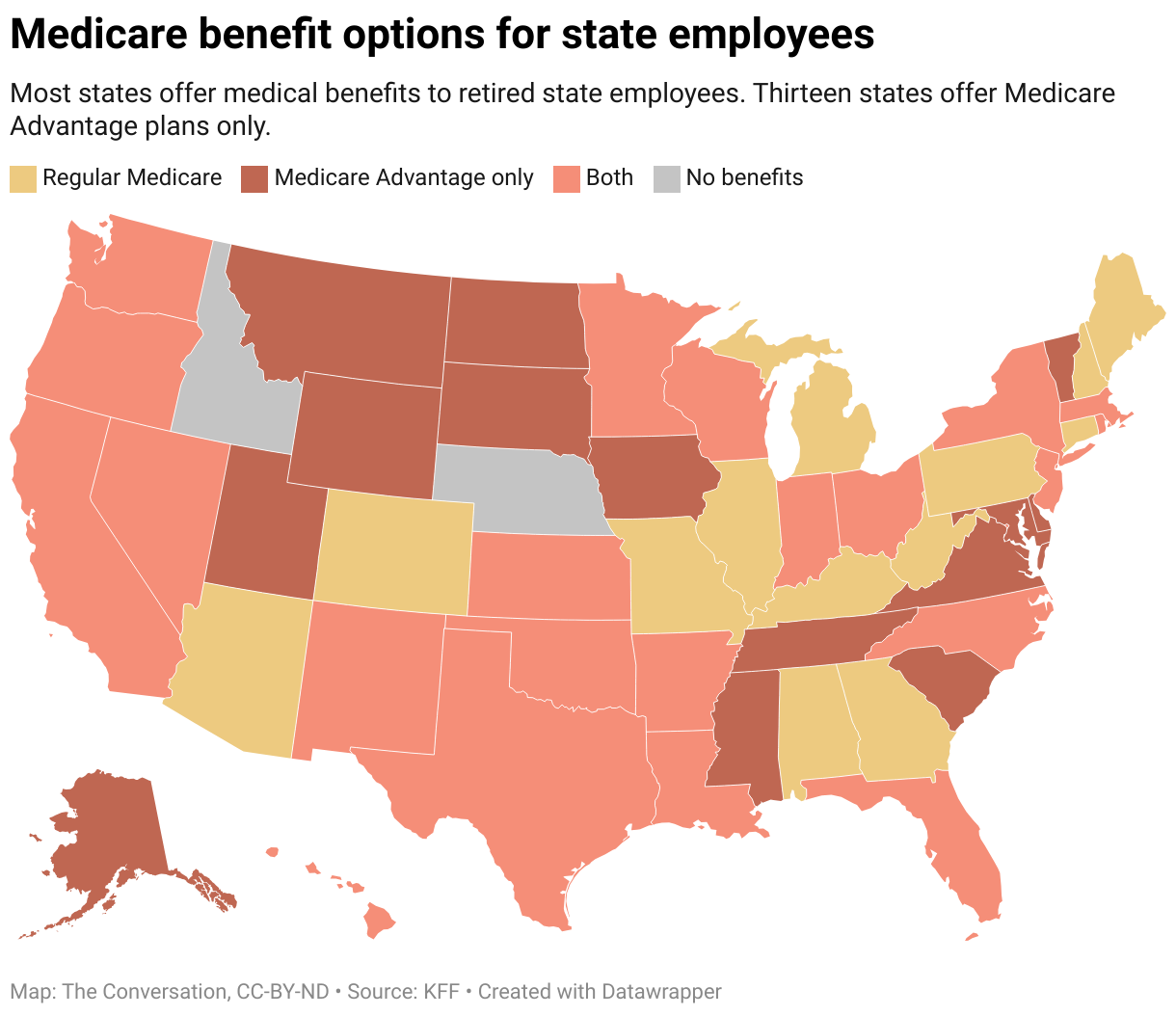
Yet HealthCare.com’s health insurance literacy survey shows 2 in 3 are confident they can choose the best health plan.
1 in 4 Americans say lack of health insurance understanding caused them to receive a higher than expected medical bill.
For example, one-half believe that copays count toward deductibles when they generally do not.
Still, 2 in 3 are very or somewhat confident they can choose a health plan that best meets their needs.
Over one-half of Americans say they can’t afford health insurance without employer coverage.
As a result, 3 in 10 stay in jobs they don’t like or take jobs they don’t want for health insurance.
Scroll down for the full results of HealthCare.com’s Health Insurance Literacy Survey 2022.
Health Insurance Literacy Survey 2022
Key Findings
1 in 4 Americans say lack of health insurance understanding caused them to receive a higher than expected medical bill.
One-half believe that copays count toward deductibles when they generally do not.
Still, 2 in 3 are very or somewhat confident they can choose a health plan that best meets their needs.
One-half of Americans say they can’t afford health insurance without employer coverage.
3 in 10 stay in jobs they don’t like or take jobs they don’t want for health insurance.
1 in 4 Americans (26%) say lack of health insurance understanding caused them to receive a higher than expected medical bill.
That’s according to a new health insurance literacy survey by HealthCare.com.
The survey highlights bewilderment over a wide range of health insurance terms and how health insurance functions in the United States.
For example, understanding the meaning of “in-network” is crucial to not getting socked by unexpected health insurance bills.
But 4 in 10 respondents (41%) were unable to select the correct option, “See only doctors who are contracted with a carrier associated with your policy,” among four choices describing the meaning of “in-network.”
HealthCare.com polled 1,075 adult Americans under age 65 on June 24, 2022, to assess their knowledge of health insurance plans available to the pre-Medicare population.
Confusion and Complexity
Understanding the “copay” is also essential to avoiding surprise medical bills. But our survey shows that one-half (49%) of Americans believe that copays count toward your deductible, which they generally do not.
Meanwhile, only 4 in 10 (41%) respondents correctly believe it true that low deductible health insurance plans start paying out sooner than high deductible plans.
And more than 1 in 5 (22%) incorrectly believe that if they think their medical expenses will be low in the coming year, they should choose a low deductible plan.
The complexity of U.S. health insurance creates numerous hurdles for Americans in getting the most out of their healthcare dollar.
For example, since 2003, federal Health Savings Accounts have offered savings by providing the opportunity to pay medical expenses with pretax dollars.
But two decades on, less than one-half (43%) of respondents are able to correctly identify the above definition, and one in five (22%) are unable to identify a single feature of HSAs out of four listed options.
A Health Savings Account (HSA) is a type of savings account that lets you set aside money to pay for qualified medical expenses. Please select all that you believe to be true about HSAs.
Aside from mainstream employer health insurance and the Affordable Care Act marketplaces, Americans also have the option to cover their healthcare needs with short-term health insurance.
But over 4 in 10 (43%) are unsure they can enroll in short-term insurance anytime, as is the case.
A decade since its enactment, Americans are also still confused by the Affordable Care Act. Asked whether six statements about the ACA are true, the largest number of respondents (37%) were unsure.
Asked specifically whether the federal government increased or decreased subsidies to buy health insurance during the Covid pandemic, 18% correctly chose “increased,” but another 13% chose “decreased.”
Unfounded Confidence
Despite their lack of health insurance understanding, many Americans are confident they can make the right choices on health insurance.
2 in 3 (67%), for example, are very or somewhat confident they can choose a health plan that best meets their needs.
When asked how well they understand “premiums,” “benefits,” and “terms,” the largest number of respondents (40%) were very confident they understood “premiums,” while only 35% were very confident they understood “benefits,” and “32%” “terms.”
Queried on 6 other key health insurance terms, the best-understood term was “copay.” Still, less than one-half (48%) were very confident in their understanding of the term.
43% were very confident in their understanding of “deductibles,” 37% in “Out-of-Pocket maximum” (OOP max), 31% in “coinsurance,” and 21% in “Qualifying Life Events” (QLE).
Grasping this language correctly is essential to avoiding surprise medical bills and optimizing health insurance usage.
How confident are you that you understand the following health insurance language?
Covid-era Subsidies and the Medicaid Eligibility Expansion
The Biden Administration temporarily expanded subsidies for Americans who buy health insurance in the ACA marketplace, and eased Medicaid eligibility, allowing millions of people to access health insurance during the Covid pandemic.
But, without new legislation, these measures are set to expire at the end of 2022. We asked respondents what they plan to do if the expanded subsidies and eased Medicaid eligibility expire.
Among respondents who received expanded ACA subsidies, one-third (34%) say they’ll try to find another government health plan if the subsidies run out. Another 27% say they will get into a legally recognized partnership (e.g. get married) just for health insurance.
Among those benefitting from temporary pandemic measures that eased Medicaid eligibility, the largest number, 29%, will try to find another government health plan if they run out. Meanwhile, 18% say they will sell a valuable possession to afford health insurance/healthcare.
As you are currently receiving temporary subsidies for an ACA plan, what will you do if they run out this year?
Stuck on Employer Health Insurance
Employer health insurance is the dominant form of health coverage in the U.S., covering over 150 million Americans.
Highlighting the lack of understanding of Affordable Care Act subsidies and options like short-term health insurance, more than one-half of respondents (52%) to our poll say they can’t afford health insurance without employer-sponsored coverage.
Asked why they can’t afford health insurance without employer coverage, 18% say they have pre-existing conditions that wouldn’t be covered. This shows a fundamental misunderstanding of the ACA, which for the first time required insurers to cover individuals with pre-existing conditions.
Meanwhile, 3 in 10 Americans stay in jobs they don’t like or take jobs they don’t want for health insurance. Specifically, 19% say they stayed in a job they don’t like, and 12% say they took a job they didn’t want.
Methodology
HealthCare.com conducted this survey on June 24, 2022, utilizing a SurveyMonkey Audience to poll a national sample of 1,075 U.S. adults under age 65. The modeled error estimate for this survey is plus or minus 2.0 percentage points. The sample was balanced for age, gender, and U.S. region according to the Census Bureau’s American Community Survey.




